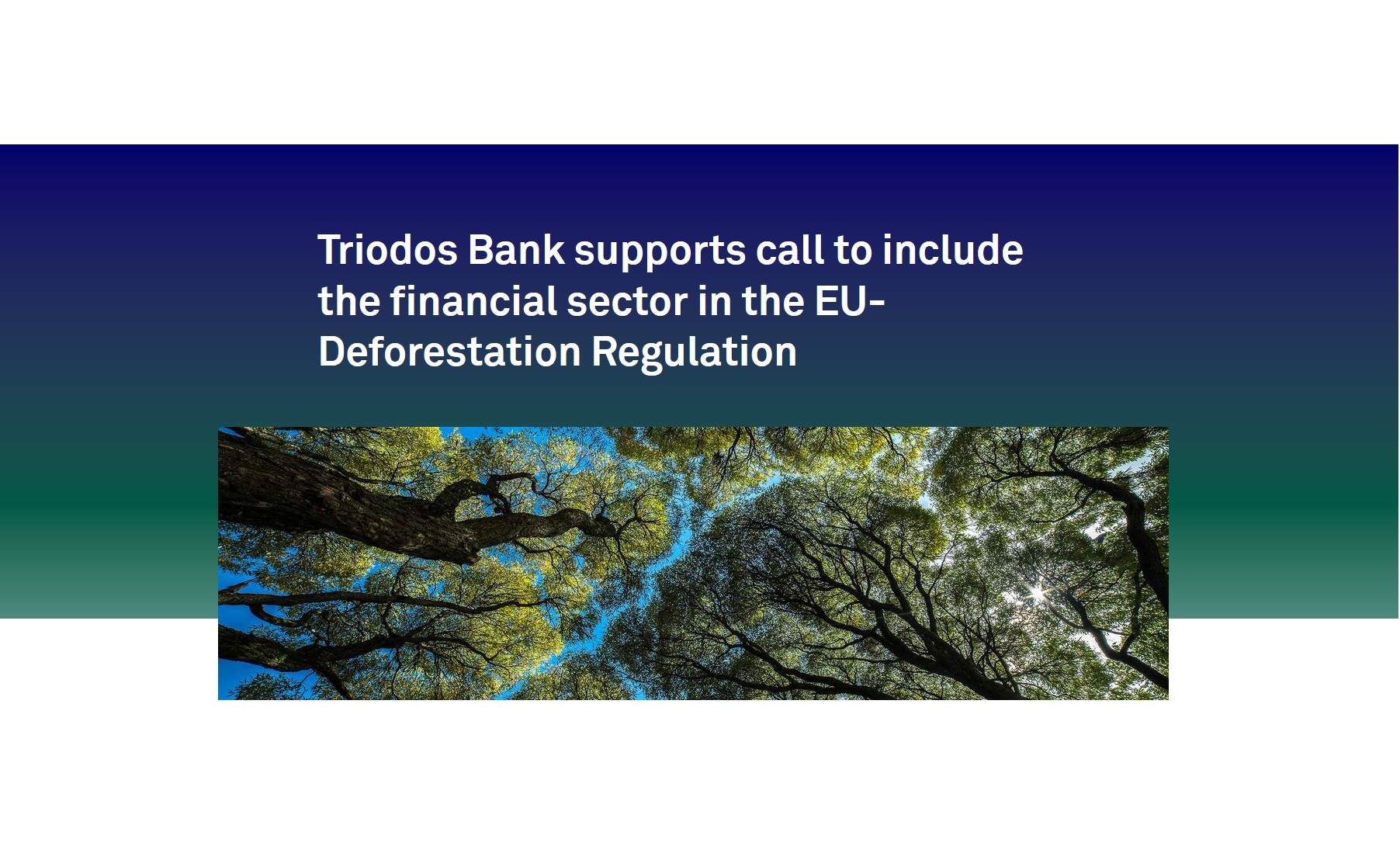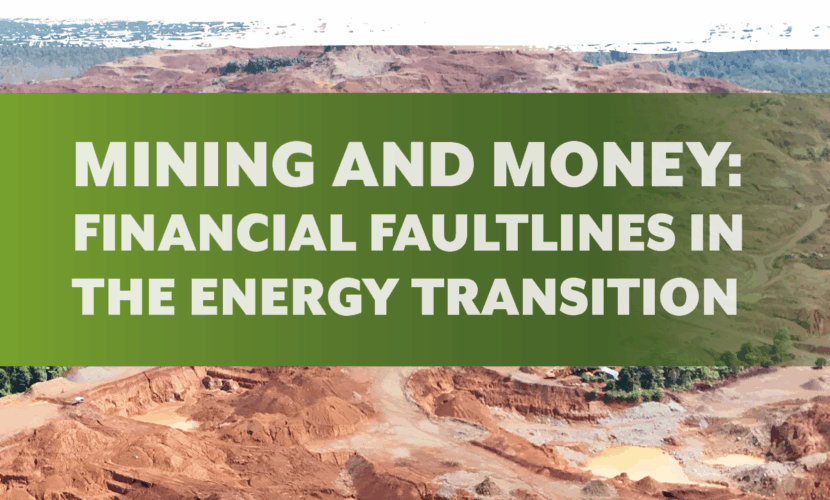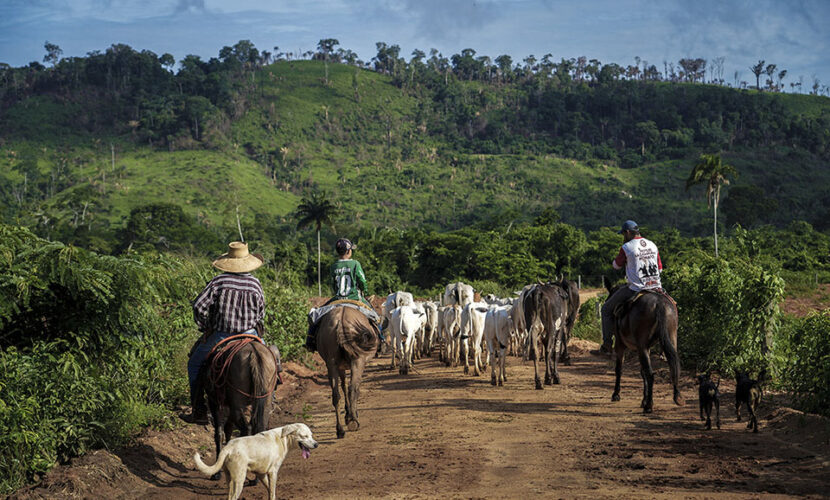Berita
Where were you when it mattered? – Why financial institutions are (and should be) going on the record about Europe’s deforestation law

Earlier this month, European financial institutions such as Triodos, Storebrand and Cardano ACTIAM signed an open letter calling for a proposed EU deforestation law to cover the financial sector. The letter backed a modest proposal on finance put forward by the EU Parliament – one that recognizes that our broken markets are weighted against financial institutions seeking to act responsibly.
For years, financial institutions have been shown to continually and repeatedly back companies linked to deforestation and related human rights abuses. Forests & Finance coalition data shows that financing to forest-risk sectors is growing, not shrinking. Forest clearing to produce soy, palm oil, beef, wood biomass and pulp, for consumer goods, the meatification of diets and energy, is the biggest culprit. Much of the problematic financing is going to a small-group of serial offenders, agribusiness companies that have a notorious reputation for ignoring, or inciting, environmental and human rights harms.
Financial institutions that are genuinely committed to ending deforestation in their industry have the most to gain from ensuring that finance isn’t excluded from a new EU deforestation law. Legislation would level the playing field. This would make it easier for them to implement their own forest, climate and biodiversity policies and help to empower staff eager to build a financial system that works for planet and people. This would also start to rebuild trust with the public – who are increasingly concerned that banks or pension funds are using their savings to fuel forest destruction.
The EU Parliament’s proposed measures on finance are modest – simply requiring that a financial institution checks on companies or projects before providing finance, to identify if they may be linked to deforestation and related human right harms. If a financier cannot rule out a risk of deforestation in their potential client’s operations then they must hold off financing until they can.
The philosophy behind the proposed finance measures is simple. If the EU is saying that agribusiness companies aren’t allowed to make money off deforestation, banks shouldn’t either.
As Triodos and others point out, failing to include finance could also see European banks and investors financing the very activities and products banned under the law.
Currently, the EU Council, EU Commission and the EU Parliament are in the last leg of negotiations about what the final deforestation law will look like. 1.2 million citizens have made their voices clear that they expect measures to cover finance, as have agribusiness companies; the EU parliament; Indigenous Peoples, small-holder farmers and civil society groups from 39 countries; and now financial institutions themselves.
ASN Bank, ASN Impact Investors, Cardano ACTIAM, GLS Bank, Ekobanken, EthikBank eG, Karner Blue Capital, Merkur, NewB, Storebrand Asset Management, Tomorrow Gmbh, Triodos Bank and Triodos Investment Management have made it clear – they want it on the record that they are not afraid of their deforestation efforts being scrutinized. It’s not too late for other financial institutions to join their peers and add their name to the open letter – and there’s many reasons why they should be eager to do so.
But perhaps the key reason is that in future whenever an EU financial institution stands up to announce a new deforestation policy, a new green finance product or sign onto a new initiative it’s likely that they will be asked: Where were you when it most mattered and you had the chance to help rewrite the rules of the game?









